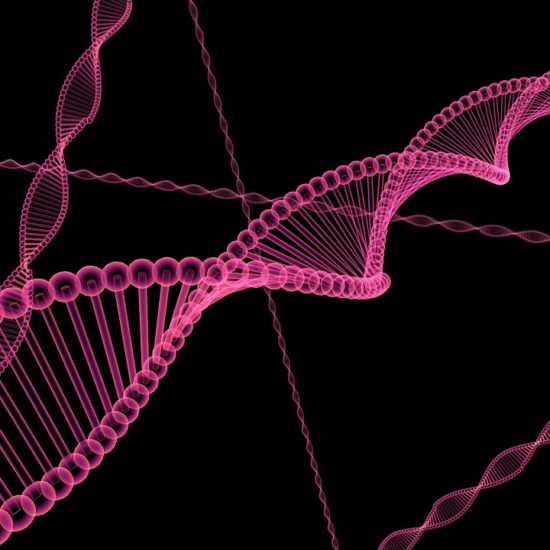Degradation and Deactivation of Bacterial Antibiotic Resistance Genes during Exposure to Free Chlorine, Monochloramine, Chlorine Dioxide, Ozone, Ultraviolet Light, and Hydroxyl Radical
This work investigated degradation and biological deactivation of extra- and intracellular antibiotic resistance genes by free available chlorine (FAC), NH2Cl, O3, ClO2, and UV light (254 nm), and of eARGs by •OH, using a chromosomal ARG (blt) of multidrug-resistant Bacillus subtilis1A189. These findings provide a quantitative framework for evaluating ARG fate during disinfection/oxidation, and support using qPCR as a proxy for tracking ARG deactivationunder carefully selected circumstances.
AMR NEWS
Your Biweekly Source for Global AMR Insights!
Stay informed with the essential newsletter that brings together all the latest One Health news on antimicrobial resistance. Delivered straight to your inbox every two weeks, AMR NEWS provides a curated selection of international insights, key publications, and the latest updates in the fight against AMR.
Don’t miss out on staying ahead in the global AMR movement—subscribe now!





